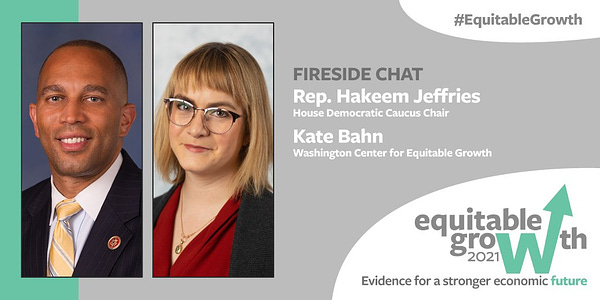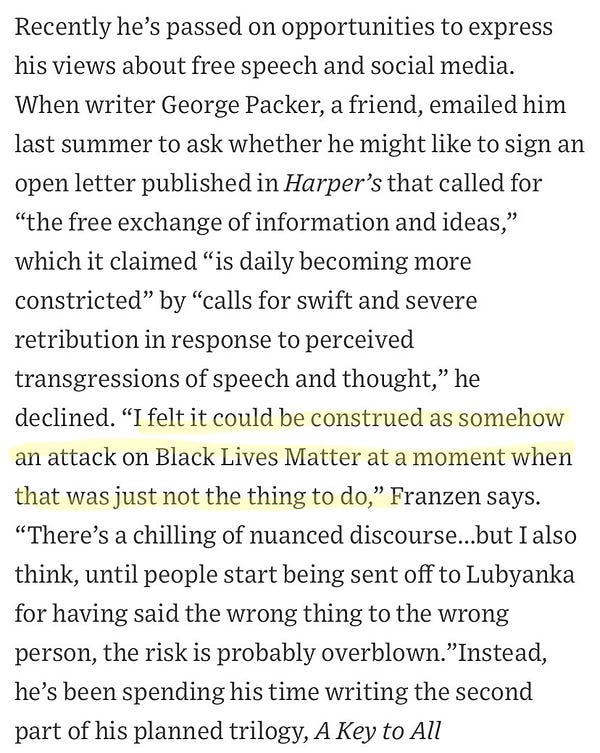First:
Local real estate porn: 3 blocks away:
Hannah Martin. Photography by Alanna Hale: Tour an Arts and Crafts Home in Berkeley Where Sustainability Reigns Supreme: ‘Urban planner Vishaan Chakrabarti… unveiled a proposal in The New York Times: Banish most privately-owned cars from Manhattan. Interestingly, that same month, he and his family were moving to what most people would consider a car place: Berkeley, California. There, Chakrabarti would serve as the new dean of U.C. Berkeley’s College of Environmental Design. “We didn’t want to suddenly have a car,” Chakrabarti says. He and his wife Maria Alataris, also an architect and founder of maa designs, have lived in Manhattan for 30 years and now have two teenage kids. “We’re not used to driving to get a quart of milk, or to drop a kid off at school. It’s just not the way we live.” So they landed in Elmwood, an old residential neighborhood just a twenty minute walk from the Dean’s Office at Berkeley, pretty close to their daughters’ school, and near a local BART station for easy access to San Francisco…
One Video:
Tom Keene, Jonathan Ferro, & Lisa Abramowicz: Bloomberg Surveillance (09/28/21): ‘The economy and the markets “under surveillance”… the latest in finance, economics and investment, and talk with the leading voices shaping the conversation around world markets… LINK: <https://www.bloomberg.com/news/videos/2021-09-28/-bloomberg-surveillance-simulcast-full-show-09-28-21-video>
Very Briefly Noted:
Joseph Schumpeter: Harvard. Advanced Economic Theory, Second Term. 1948 <https://www.irwincollier.com/harvard-advanced-economic-theory-second-term-schumpeter-1948/>
Robert Kagan: Our Constitutional Crisis Is Already Here <https://www.washingtonpost.com/opinions/2021/09/23/robert-kagan-constitutional-crisis/>
Timothy Noah: The Democrats Will Get the Reconciliation Bill Done <https://newrepublic.com/article/163767/stop-fretting-reconciliation-bill-democrats>
Steven Teles, Samuel Hammond, & Daniel Takash: Cost Disease Socialism: How Subsidizing Costs While Restricting Supply Drives America’s Fiscal Imbalance <https://www.niskanencenter.org/cost-disease-socialism-how-subsidizing-costs-while-restricting-supply-drives-americas-fiscal-imbalance/>
Hakeem Jeffries & Kate Bahn: How Do We Build a Just & Competitive Economy?


Paragraphs:
Sam Abbott: The Child Care Economy: ‘How investments in early care and education can fuel U.S. economic growth immediately and over the long term. Fast facts: Insufficient child care options can prevent parents who wish to work from doing so, with mothers often bearing the brunt of this challenge…. High-quality early care and education provides critical socialization and learning opportunities when the brain is developing rapidly…. Adequate funding is necessary for human capital development…. Supporting child care workers is crucial for promoting quality care and human capital development…. Investing in the nation’s children is one of the safest bets policymakers can make. Research on early care and education programs finds that $1 in spending generates $8.60 in economic activity…
LINK: <https://equitablegrowth.org/research-paper/the-child-care-economy/>
Benjamin Welton: 10 Little-Known Facts From The Crimean Slave Trade: ‘One of the longest, yet least remembered (at least in the West) slave trades of history centered around the Crimean Khanate, a Muslim state that was a vassal of the Ottoman Turks. Existing from 1449 until 1783, the Crimean Khanate was both a giant repository for slaves (most of whom were Slavic Christians) and one of Europe’s largest slave markets.The Crimean Tatars and the Turkic Nogai people were responsible for one of the largest slave trades in history. Yet almost nobody outside of Ukraine and Russia has heard of them…
LINK: <https://listverse.com/2018/06/06/10-little-known-facts-from-the-crimean-slave-trade/>
Zach Carter: Why Are Moderates Trying to Blow Up Biden’s Centrist Economic Plan?: ‘John Kenneth Galbraith, the great liberal economist, once referred to his hero Keynes as an avatar of “enlightened conservatism.” In Galbraith’s telling, Keynes so revered the institutions around him—the British Empire, the Bank of England, the opera—that he was willing to break with economic orthodoxy to defend them. Mr. Biden’s agenda does represent a break with the policy agenda of the past 30 years, just as Keynes’s and Roosevelt’s did nearly 90 years ago. But it ultimately demands very little from those in power. They need only act according to their own best interests, supporting a program that already conforms to their ideological predilections. Trimming Mr. Biden’s agenda for the sake of trimming it is neither enlightened nor conservative; it’s just a waste of time and democracy…
LINK: <https://www.nytimes.com/2021/09/22/opinion/biden-moderate-democrats.html>
Duncan Black: Anyone Remember Blogs?: ‘The conversational nature that was made possible by easy linking to text. I don’t fault anyone for putting up paywalls… but the rise of a new blog ecosystem that is largely behind a paywall (paying a bunch of bigots really well) is not the same thing. Ah, well, no good deed goes unpunished, and no bad deed unrewarded, it seems…
LINK: <https://www.eschatonblog.com/2021/09/anyone-remember-blogs.html>
Julia Carrie Wong: _(’f you mischaracterize what Franzen said by ignoring half of his stated reason (the context of the BLM uprisings), you can twist it into a point that’s easier to attack, but… the only person who looks bad here is you…
LINK:



Jeet Heer: A Holistic History: ‘John McWhorter—who has become a professional decrier of cancel culture—wrote a long piece about the March controversy for the New York Times… another example of how many people who fight cancel culture often end up sabotaging their own cause…. In the back half of the column, he pushes a specious argument… using special, tendentious pleading that misstated the pervasive role of the Ku Klux Klan in post-Civil War American culture…. I want to do a close reading of McWhorter’s column to make plain his own willful ignorance…
LINK:








Not having to own a car can be expensive luxury in the US. In most places, you either have to have a lot of money or very little. If you have a lot of money, you can buy yourself a place to live near where you work, or, better yet, buy a company and move its HQ close to your home. If you have very little money, you are sacrificing your time and opportunity by being car free, but you have little choice.
From the OED: "... identical with the racial name Sclavus (see Slav), the Slavonic population in parts of central Europe having been reduced to a servile condition by conquest; the transferred sense is clearly evidenced in documents of the 9th century." Our word "slave" comes from the ethnic designation.
That is good real estate porn. Nice to see that you can still find something comfortable near Berkeley if you have $5 million to spend.